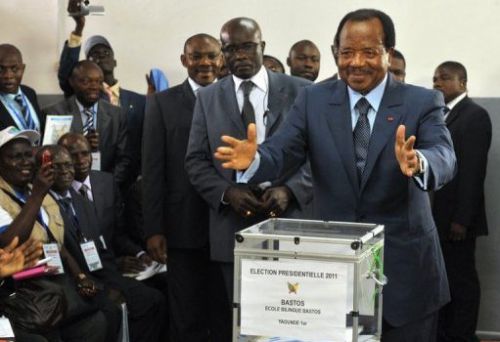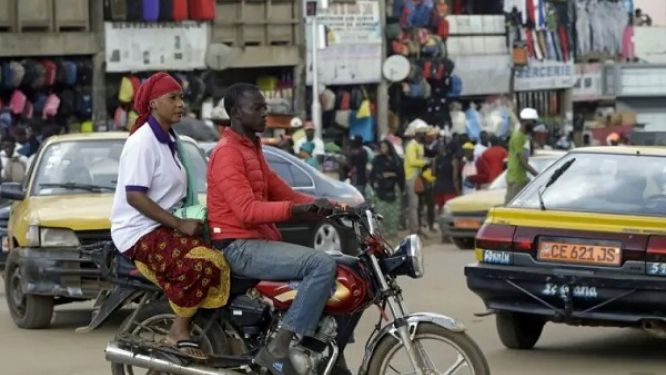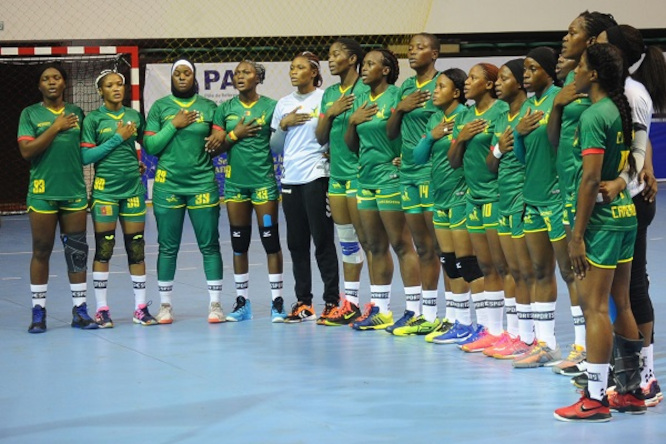Even though Elections Cameroon (Elecam), body in charge of organising political votes in Cameroon, has been registering since 2013 people with the minimum legal voting age without being able to reach the potential of 7 million voters, the fact remains that this organisation has noted a certain enthusiasm within the Cameroonian population in what is relative to the election process.
Indeed, the progress in the number of registrations on the voters list from 2013 (5,437,870 registered) to 2015 (5,885,769 registered) shows an upward trend until 2016, according to the General Elections Management.
The latter office declared having enrolled exactly 510,362 new voters as at 31 August 2016. Which brings the number of voters in the national voters list to 6,316,836.
To be more precise, new registrations are spread as follows: 306,755 men representing 60.11% and 203,607 women, corresponding to 39.89%. “The passion of the youth, both boys and girls, needs to be highlighted as out of the 510,362 new registrants in 2016, the youth represents altogether 367,435 voters, thus 71.99%”, happily declared the MD of Elecam, Abdoulaye Babale, this past 1st September in Yaoundé, during the closing assessment of the operations to amend the elections lists.
Moreover, 402,732 voters ID were distributed, representing 84% of the number of new registrations for this year.
Elecam specifies that the increase in the number of enrolled voters, double the number of 2015, is the result of a set of communication measures made in part of slogans targeting women, the youth, those who operate in various sectors. Without forgetting those in the social classes marginalised until now when it comes to elections.
Sylvain Andzongo















